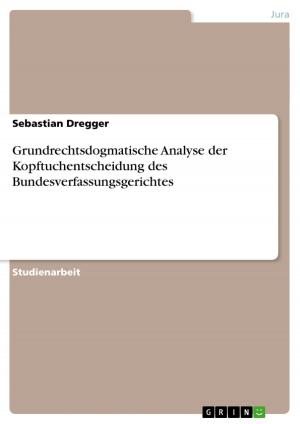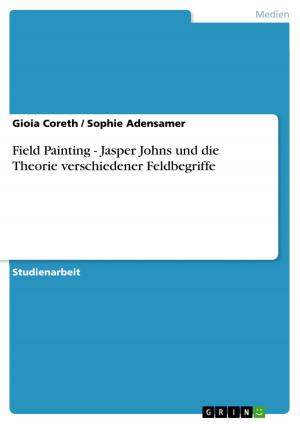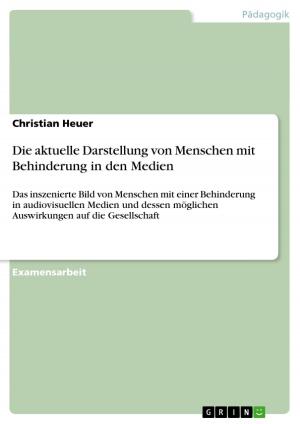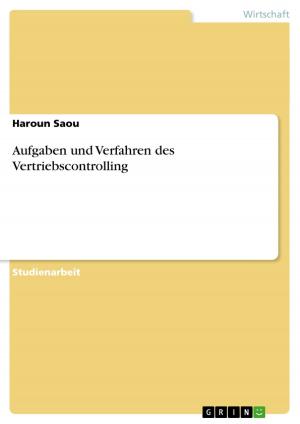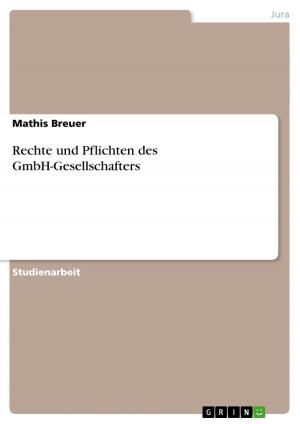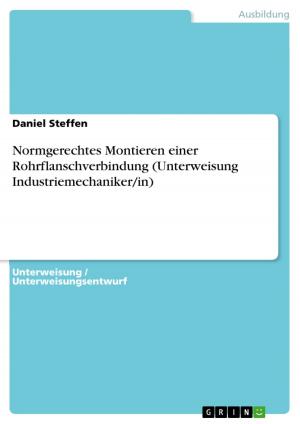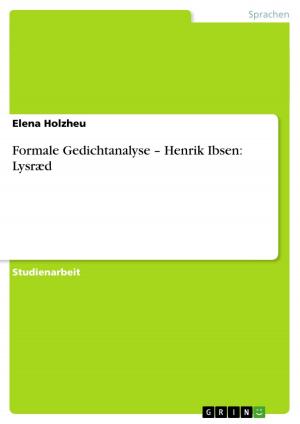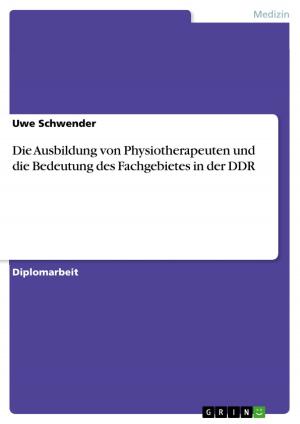Fundamentals, Speculation, and the Pricing of Crude Oil Futures
Business & Finance, Finance & Investing, Finance| Author: | Thomas Hoehl | ISBN: | 9783656047674 |
| Publisher: | GRIN Verlag | Publication: | November 4, 2011 |
| Imprint: | GRIN Verlag | Language: | English |
| Author: | Thomas Hoehl |
| ISBN: | 9783656047674 |
| Publisher: | GRIN Verlag |
| Publication: | November 4, 2011 |
| Imprint: | GRIN Verlag |
| Language: | English |
Master's Thesis from the year 2011 in the subject Economics - Finance, grade: 8,0, Maastricht University (School of Business and Economics), language: English, abstract: This study finds that while a large part of the variation in crude oil futures prices is driven by fundamental factors, financial investment and speculation has the potential to aggravate reactions to changing fundamental variables and furthermore move prices on its own. The evidence is gathered by performing linear regressions and Granger Causality tests on futures returns, position data of different categories of futures traders on the New York Mercantile Exchange and proxies for relevant fundamental factors such as equity and exchange rate returns gathered from August 2006 to December 2010. While higher prices for crude oil naturally come along with increasing physical demand and finite world supply, future regulation might temper market volatility and guarantee that prices reflect a sustainable physical market equilibrium. The study also gives an overview of commodity market regulation and position limits on futures markets.
Master's Thesis from the year 2011 in the subject Economics - Finance, grade: 8,0, Maastricht University (School of Business and Economics), language: English, abstract: This study finds that while a large part of the variation in crude oil futures prices is driven by fundamental factors, financial investment and speculation has the potential to aggravate reactions to changing fundamental variables and furthermore move prices on its own. The evidence is gathered by performing linear regressions and Granger Causality tests on futures returns, position data of different categories of futures traders on the New York Mercantile Exchange and proxies for relevant fundamental factors such as equity and exchange rate returns gathered from August 2006 to December 2010. While higher prices for crude oil naturally come along with increasing physical demand and finite world supply, future regulation might temper market volatility and guarantee that prices reflect a sustainable physical market equilibrium. The study also gives an overview of commodity market regulation and position limits on futures markets.

